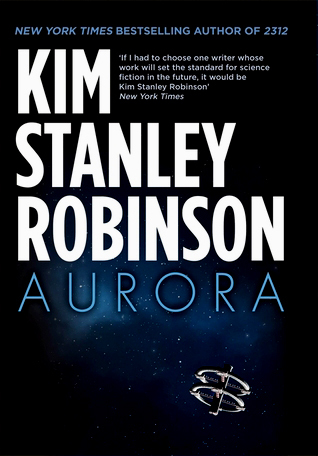
Few SciFi books were about the difficulties of space migration. Most of them glossed over the biggest elephant in the room: faster than light travel. Einstein said that’s not possible.
So we wish to expand beyond Earth, let’s pick a reasonable planet: one in the Tau Ceti system. It is about 12 light-years away. If you cannot travel faster than light, how fast is reasonable in the 26th century? Accepting one tenth of that, it takes 150 years, give or take, to reach Tau Ceti. If lives cannot be suspended, it must be a multi-generational trip. Given the above (called basic rules in SciFi), what will be the problems?
It is the engineering difficulties of designing a closed ecosystem (since it is a spaceship) that can last 150 years and 6 to 7 generations. The problem is known as island biogeography that, in a closed ecosystem, different species evolve at different speeds. Those with shorter life-spans evolve faster. At the end, homo sapiens evolve the slowest and virus fastest. This means, in the long run, human beings will devolve: each generation becomes worse than the previous ones.
There is also the problem that we cannot really recycle everything, even with unlimited energy. Spaceships are leaky; things get lost into the space. Some elements bond to other elements and became nearly impossible to collect and extract back to their original form. This is the extreme form of the “ink in the water” analogy. Over 150 years and 6 generations, the exhaustion of some elements, those in minute amount yet critically necessary, can become fatal. Kim Stanley Robinson made up a rare element that plays a critical part in forming muscle tendons, yet it is so easily bound to the ship’s hull that they just ran out of it. New generations became stunted.
Lastly, the target planet can be either live or dead. If live, the migrants must cope with the foreign life-forms that they are guaranteed not prepared for. If dead, they need to terraform it and that can take thousands of years; a duration impossible to survive the island biogeographic problem.
Oh, there is also the basic destructive nature of us liking to kill each other; usually in manners that are annihilating to all. What’s the chance that we survive ourselves in 150 years?
Conclusion? Space migration is not possible without faster-than-light travel. Before that, this Earth is all we got.
Good book.
